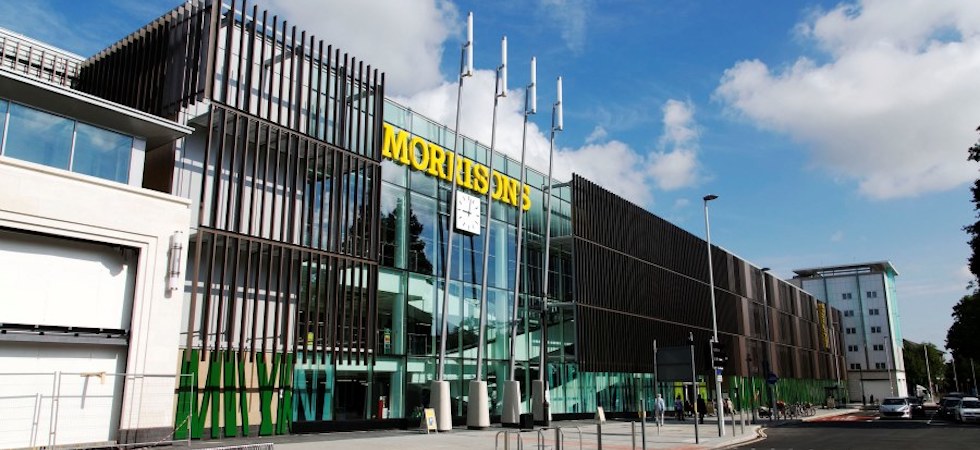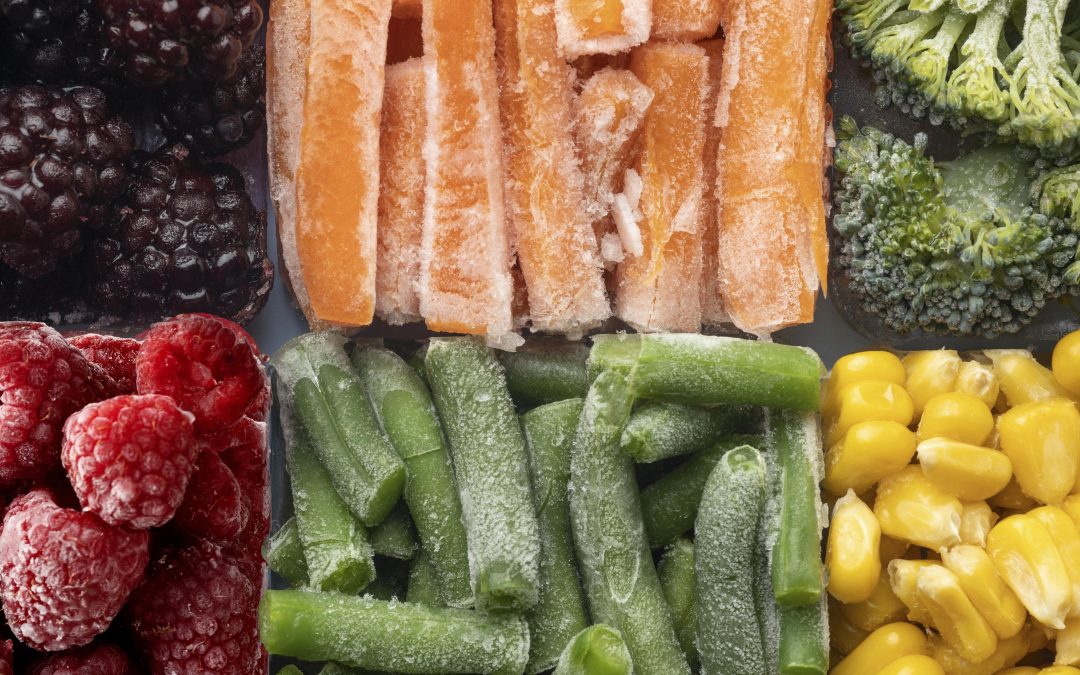The Cold Chain Federation (CCF) along with the British Frozen Food Federation (BFFF) has joined the Move to -15°C Coalition, as Morrisons also becomes the first UK retailer to join the movement.
CCF and BFFF were previously involved in research on revising the temperature, which was established 100 years ago and hasn’t changed since. By joining the Coalition on behalf of their memberships, the federations said they were committing to put forward the views of frozen food and logistics businesses across the UK.
Retailer Morrisons has also committed to advocate for UK food producers, logistics operations and retailers to join the coalition.
According to the Coalition, recent studies showed that temperature increases do not compromise food safety or quality, but changing the standard would “significantly reduce” carbon emissions. For Morrisons, the carbon savings will be an “important boost” to its ambitions to achieve net zero carbon emissions from its operations by 2035. The retailer said the cost savings would enable Morrisons to “further cut, hold or promote prices” in its c.500 supermarkets and c.1,600 convenience stores in the UK over the long term.
Phil Pluck, chief executive of the Cold Chain Federation (CCF), said: “The -18°C standard has not been reviewed in almost a century. Meanwhile, the technology, equipment and processes used to manage temperature-controlled logistics have advanced beyond recognition.
“The result is that we’re now able to make this hugely positive change without jeopardising the great benefits frozen food delivers to consumers and businesses.
“The CCF and its members are a major force in creating environmentally sustainable solutions to delivering safe food to the UK consumer. This initiative could contribute huge carbon savings on a UK and global level and so we wholeheartedly support the ambitions of this Coalition.”
Rupert Ashby, CEO of the British Frozen Food Federation (BFFF), said: “For a hundred years frozen food has brought a host of benefits to consumers and businesses, locking in nutritional value and offering greater quality and a variety of products at more affordable prices. It also has a major role to play in reducing food waste, something that is a major environmental challenge.
“If the science and evidence show that the industry can increase temperatures, it would allow our industry to continue delivering these advantages while also achieving further cuts in carbon emissions, and that’s why we’re joining the Move to -15°C Coalition on our members’ behalf.”
“If we can redefine frozen food temperature standards then we could save 17.7 million metric tonnes of carbon dioxide per year.”
Thomas Eskesen, chairman of the Move to -15°C, said: “We are thrilled to have received backing from the BFFF and CCF. As important representatives of the UK’s frozen food industry, their support and belief in our cause marks a significant milestone in our journey.
“By working together, we stand to make a positive impact on the environment. If we can redefine frozen food temperature standards then we could save 17.7 million metric tonnes of carbon dioxide per year – that’s the equivalent of taking 3.8 million cars off the road annually.

“Collaboration sits at the heart of what we’re trying to achieve, so it’s great to see continued support for our Coalition, and we urge anyone interested in finding out more about what we’re doing to reach out and consider joining.”
Ruth McDonald, Morrisons group corporate services director, said: “We now have vastly better freezers and modern technology and monitoring that gives us a precise picture of frozen food temperatures throughout the supply chain. We applaud the Move to -15°C movement for their original thinking and willingness to challenge a long-accepted standard and in doing so identify a significant opportunity for positive progress for both the environment and the food industry.”
Eskesen continued: “In order for us to be successful with making the change to -15°C, it is essential that we have representatives and support from every stage of the frozen food supply chain, so to have a large UK retailer like Morrisons on board is an important step forward for us.
“By raising the temperature of its freezers in 10 of its stores across the UK, Morrisons is demonstrating that change is possible, and we know that this seemingly small change can lead to a significant, positive, environmental impact.”









